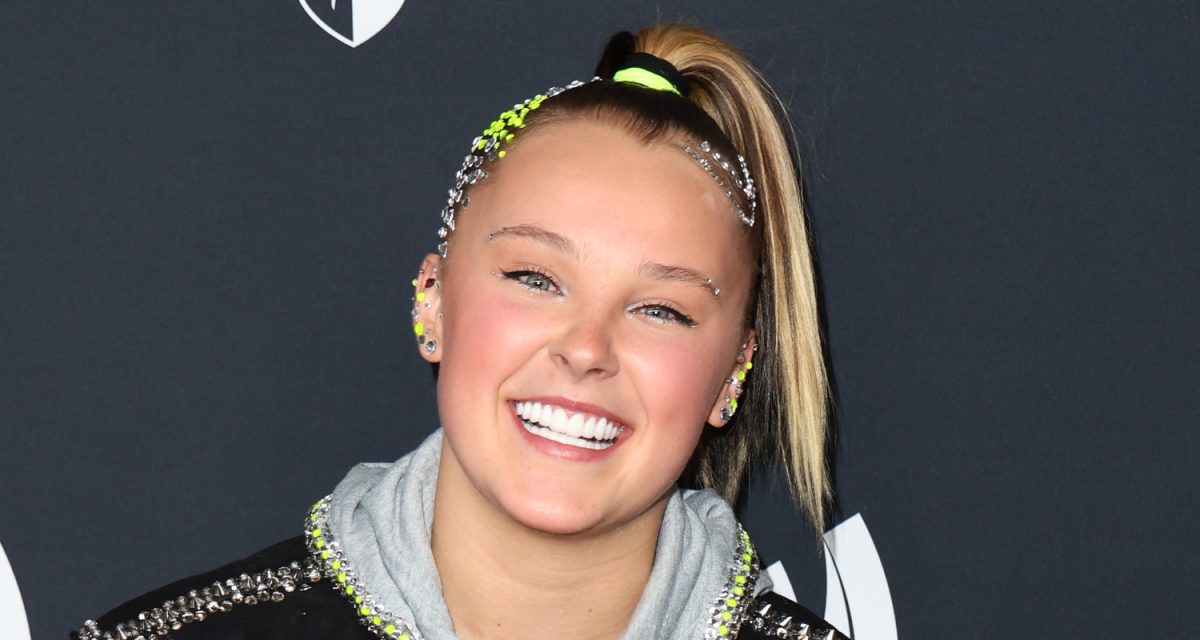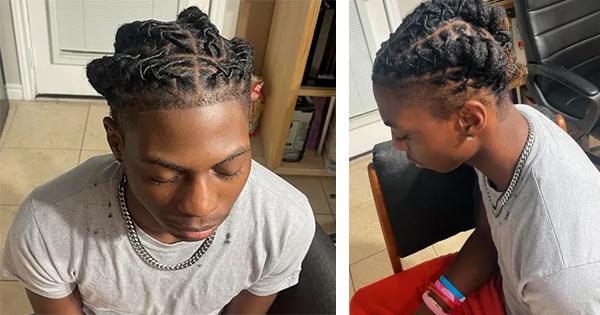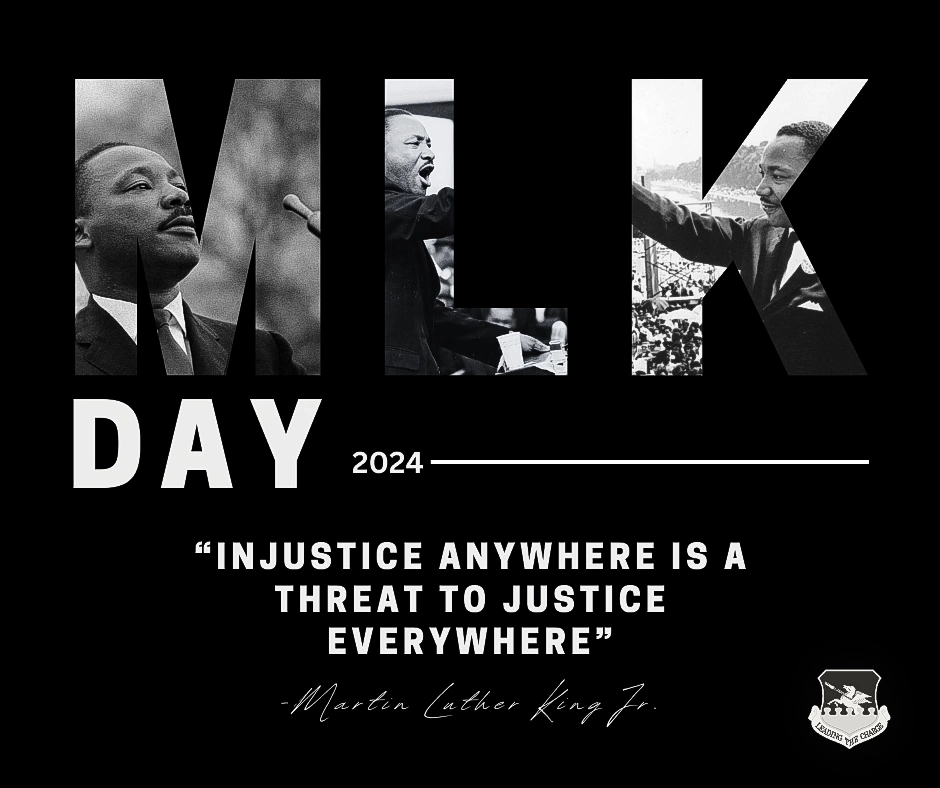Darryl George, an 18-year-old junior at Barbers Hill High School, has spent much of his school year isolated due to in-school suspension for wearing his hair in long locs. The dispute with school officials revolves around whether the district’s dress code violates the Texas CROWN Act, a law aimed at preventing hairstyle discrimination.
George, a Black student, claims the prolonged punishment has demeaned him and hindered his education. Barbers Hill school officials accuse him and his mother of intentionally violating rules for financial gain. Superintendent Greg Poole justifies the district’s position, emphasizing conformity for unity.
A recent Texas judge’s ruling allows Barbers Hill to continue punishing George, despite the CROWN Act. The dress code specifies hair length restrictions that George’s locs allegedly violate. Critics argue the policy perpetuates stereotypes and anti-Black bias.
This clash echoes a 2020 case in Texas and has garnered national attention, shedding light on ongoing challenges of hair discrimination. George’s mother filed a federal lawsuit, alleging civil rights violations and CROWN Act breaches.
A recent ACLU report highlights widespread hair-related rules in Texas schools, dating back to the 1960s. Despite the CROWN Act’s intentions, cases like George’s underscore the persistent challenges of hair discrimination. Harris County Commissioner Rodney Ellis condemns Barbers Hill’s actions as part of a larger strategy against anti-racist education.
In a heartfelt affidavit, George details the toll on his mental health and grades due to the ongoing punishment. Superintendent Poole anticipates legal resolution, emphasizing the need to clarify the CROWN Act’s meaning amid differing interpretations and agendas.










































